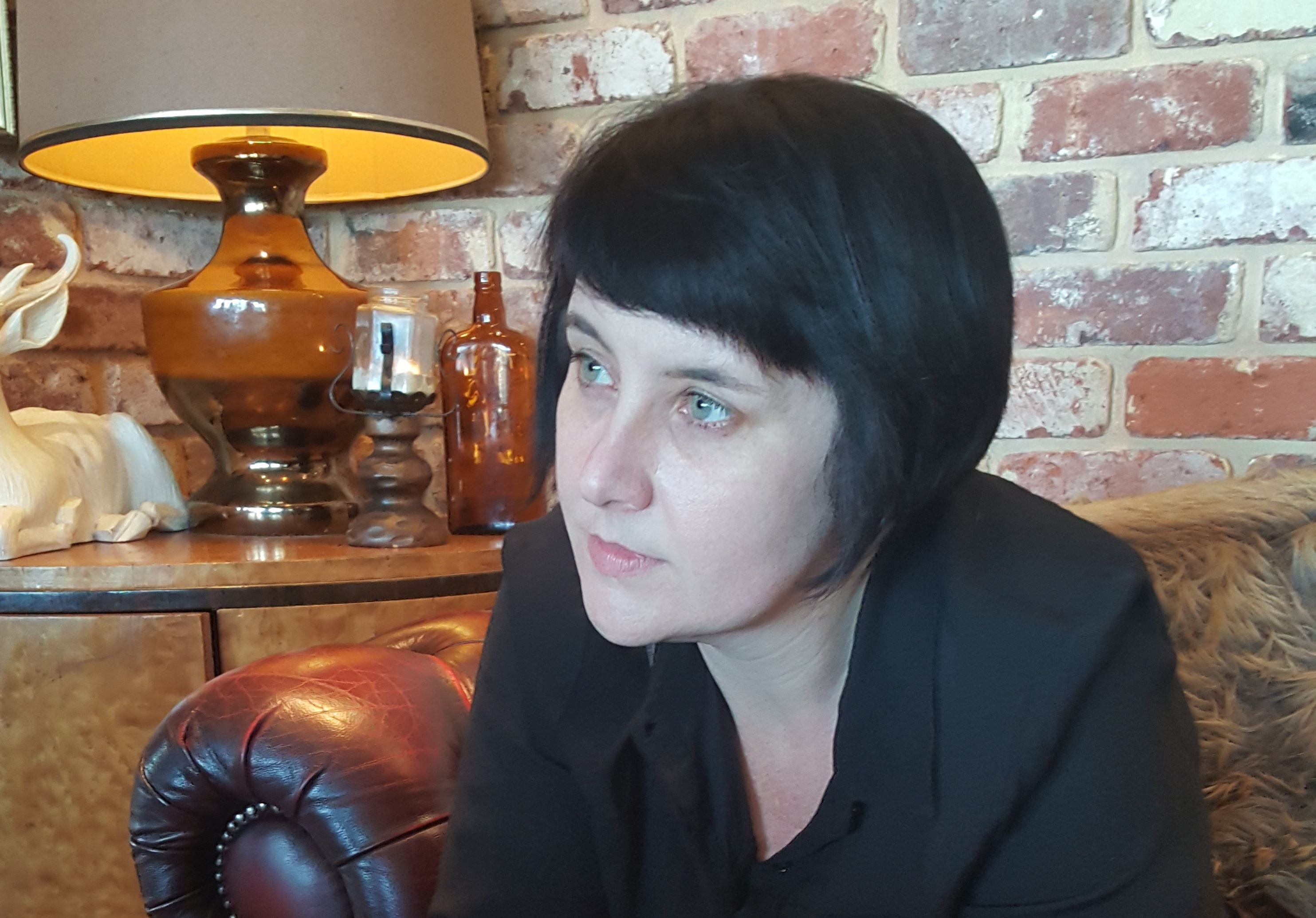Learning snapshot
Measuring social impact – What’s in it for me, you, and the community?
Social impact, heard of it but why is it important and why should we measure it? Well, prepare for the lowdown on how it can help you communicate the greatness of your initiative, gain the support of funders and enhance subsequent initiatives.
17 June 2024
First things first, let’s define social impact and why we should measure it.
Social impact is the sum of the intentional and positive changes people make to create a better world for everyone. It's not just a feel-good practice - it’s a sustainable and economically efficient approach that more individuals, organisations, and companies are embracing.
For any organisation, particularly not-for-profit community groups and local governments like those we work with at Lotterywest, measuring your positive social impact is crucial. It can improve the services you provide, tell a compelling story of your achievements, and show your stakeholders how your projects or initiatives are making a difference.

Why should you evaluate your social impact?
Delivering programs that benefit the community is a noble aim, but is the program achieving what it set out to do?
How can that aim be demonstrated to you and your audience?
That’s where measuring your social impact comes in.
When developing an initiative, organisations aim high to ensure that their proposals will have a positive social impact and make a real difference in the community.
The ability to evaluate and report on this impact allows you to showcase how your program’s activities are leading to positive social change.
To provide you with an insight of just how evaluating your social impact can benefit your organisation or local government, here's four great reasons to savour and share with your friends:
1. Communicate the success of the initiative - By measuring social impact, your organisation can identify whether you are achieving what you set out to do, enabling you to communicate the benefit of your initiative to your funders and stakeholders.
2. Gain the Support and Confidence of Funders - Communicating how your program is making a difference through evaluation can help secure the support of existing and potential funders and boost their trust in your ability to meet the program’s goals. Ultimately, it can help your organisation to prove and improve.
3. Contribute to Society More Effectively - As not-for-profits and local governments work with and in the community, measuring the impact of programs can help understand what works more effectively for the community they serve. Measurement and evaluation will enable an organisation to improve its impact by identifying areas of strength or weakness.
4. Inform Strategies and Program Improvements - Measuring your impact enables you to test whether the expected outcomes made during project development were achieved and identify opportunities to improve future projects. Success can be tracked by measuring outputs, outcomes, and impact, providing a deeper understanding of why your program may be succeeding, struggling, or failing to achieve its goals.

Did someone say Social Impact Measurement frameworks?
Allocating the time and resources to measuring social impact can be challenging for small organisations. Still, being able to quantify social impact can help understand exactly how much benefit your program has created and validate it to funding bodies and to the community you are seeking to support.
Applying a Social Impact Measurement (SIM) framework with measurable outcomes and indicators allows organisations to review whether their interventions are having the expected impact or if a project redesign might be needed.
A SIM framework can also identify if resources - whether people, technology, or equipment - may need to be redistributed to benefit more community members or the target beneficiaries.
There are a number of frameworks and tools that organisations might apply to measure their social impact. Lotterywest is not prescriptive about the framework or tools you choose, as we understand that no two projects are the same, and no two organisations have the same capacity or capability around these models.
While Lotterywest Healthway provides some simple tools, there are also many ways that an organisation could choose to develop its own measurement framework.
Using a framework such as a Social Return on Investment (SRoI) model allows you to set targets and measure your performance, helping manage and communicate the social value an initiative creates in a measurable form understood by all relevant stakeholders. By assigning monetary values to social outcomes, SROI provides a comprehensive view of the benefits generated for stakeholders, however it can be complex, and may not fit all initiatives or organisational aims.
Logic models, like the one included in Lotterywest’s Impact Planner toolkit, are a visual representation of how a program is intended to work. They outline the resources, activities, outputs, outcomes, and impact in a straightforward, linear manner. This type of tool helps organisations map out their program’s components and see the connections between them. By clearly identifying these elements, logic models assist in understanding the pathway to achieving the desired social impact and in pinpointing areas where adjustments might be needed.
The Most Significant Change (MSC) technique is a qualitative method that involves collecting and analysing personal stories of change from program participants. This approach is valuable for understanding the deeper, more personal impacts of a program that might not be captured through quantitative methods (outputs). By focusing on significant changes in participants’ lives, organisations can gain insights into the broader social implications of their work and identify unexpected outcomes and areas for improvement.
To create your own framework, you might consider starting with an existing registered framework as a template to develop a more tailored process that best suits your needs. The Community Impact Hub’s Impact Planner is a great starting point to identify the outcomes you want to measure, the indicators that will demonstrate change, and to plan your data collection for outcomes measurement.
As proven socially conscious projects continue to pique the interest of funders, social impact measurement has become a high priority. Specifying how you would use potential funds and forecasting the value of the social impact that you strive to create could make the difference in securing funding to deliver your program.
It’s important for work around impact planning, outcomes measurement, and evaluation is underpinned by sound principles and processes. Our Grant Impact Guide along with our Community Impact Hub contains much of the information needed to help you on your way to social impact measurement success!
If you have any questions or would like a demonstration of any of the tools and resources on the Community Impact Hub, please email our Knowledge and Insights team at community.impacthub@lotterywest.wa.gov.au

Melanie Bainbridge is a writer, sustainability professional, multi-arts professional and social impact advocate. Mel melds 20+ years of strategy, policy, project management and community engagement experience with communications and creative development skills to create inspiring impact narratives. Melanie is currently Senior Manager Knowledge & Insights, Lotterywest.
Learn about wellbeing
Understand how your community is going to help you to better target and plan your project.
Ready to plan your project?
Understand your vision, plan your impact and report on the outcomes of your project with three easy interactive tools in the Community Impact Planner.
Acknowledgement of Country
The Western Australian Community Impact Hub acknowledges and pays respect to the Traditional Owners of the land on which we are based, the Whadjuk people of the Noongar Nation and extends that respect to all the Traditional Owners and Elders of this country. We recognise the significant importance of their cultural heritage, values and beliefs and how these contribute to the positive health and wellbeing of the whole community.
